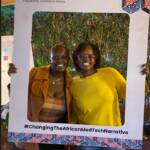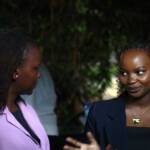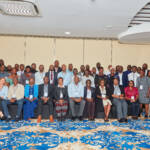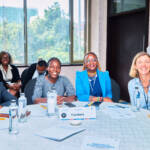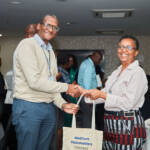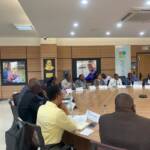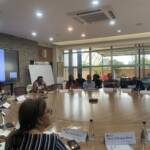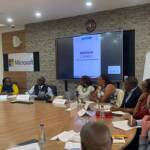UPCOMING: Resilience In HealthTech Entrepreneurship: Stories From Global Perspectives
What does resilience really look like in HealthTech and MedTech entrepreneurship?
Join us for Resilience in HealthTech Entrepreneurship: Stories from Global Perspectives—a virtual conversation bringing together founders and ecosystem leaders to share lived experiences, practical insights, and lessons from building and sustaining HealthTech and MedTech ventures.
Registration Link: https://us06web.zoom.us/webinar/register/WN_xtSedsO2SGS2eMFnTHWH0w
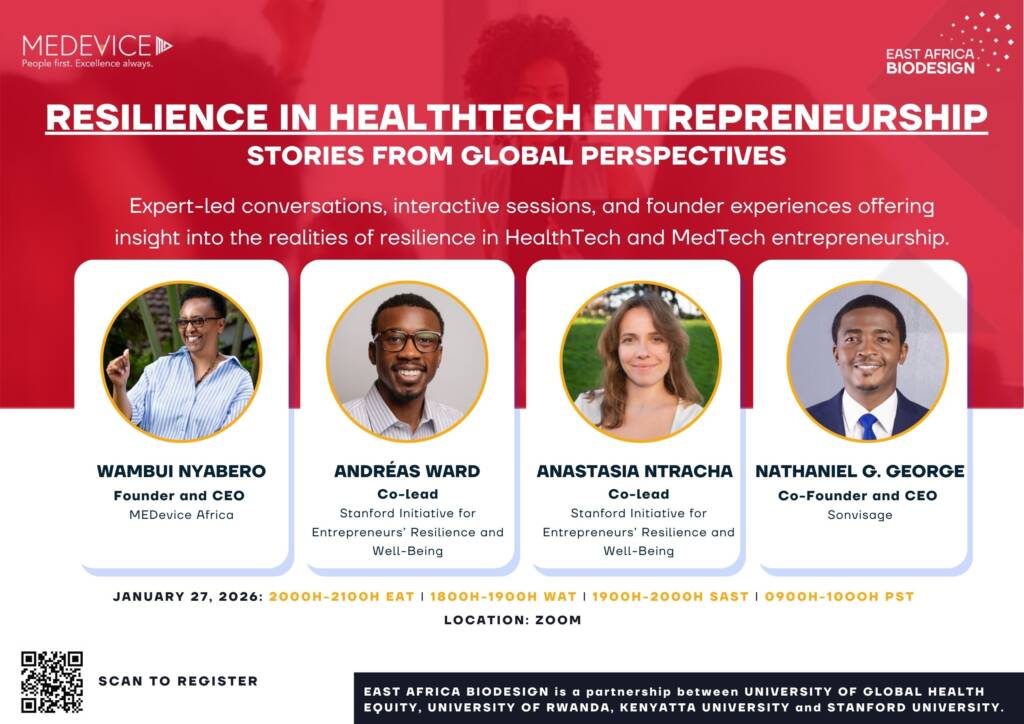
MedTech Connect Series: Women Leading MedTech Innovation
At the MedTech Connect Series: Women Leading MedTech Innovation event, we explored how women are turning barriers into entry points and designing solutions that change healthcare for everyone.
From idea to impact with Wambui Nyabero and Sahar Jamal, to navigating education, policy and the innovation ecosytem with June Madete and Emily Macharia, and finally unlocking the power of communication with Julliet Hinga, the discussions highlighted the essential role women continue to play in advancing healthcare innovation.
Read the full recap here: https://medevice.africa/medtech-connect-series-women-leading-medtech-innovation/
MedTech Connect Series: Are You Ready To Pitch Your HealthTech Innovation?
At the Are You Ready To Pitch Your HealthTech event, six bold startups stepped into the spotlight with one mission, to solve some of East Africa’s most pressing health care challenges.
Our Top 3 Winners:
- Afya Dynamics- A full-featured, cloud-based Health Information Management System (HIMS) that offers an all-in-one platform that integrates billing, digital patient records, e-prescriptions and compliance reporting.
- AeroPulse- A pocket-sized, battery powered smart nebulizer with intelligent dosage control and real-time monitoring.
- UzimaNexus- An AI and blockchain-powered health OS that unifies patient records, diagnosis and referrals into one secure platform.
MedTech Connect Series: AI Innovation in MedTech For Better Healthcare
In a bold step toward shaping the future of healthcare in Africa, our recent AI in Health Forum brought together leading experts from technology, law, and medicine to unpack both the transformative potential and the ethical responsibility of artificial intelligence.
The forum served as a platform to demystify AI, spotlight local innovation, and emphasize the need for people-first approaches that prioritize patient safety, data privacy, and contextual relevance in the development and deployment of AI-driven health solutions.
MedTech Stakeholders Connect
MEDevice Africa and Invention Education Kenyatta University convened 51 stakeholders across universities, corporates, hubs, funders, startups, healthcare providers, the Medtech market, and government agencies for the MedTech Stakeholders Connect.
The forum focused on strengthening Africa’s MedTech ecosystem through collaboration, innovation, and aligning biomedical education with real-world industry needs.
Key discussions included:
1. Building stronger bridges between startups, academia and corporations.
2. Streamlining regulatory processes to support local innovation and manufacturing.
3. Including practical healthcare challenges in biomedical engineering training.
4. Defining what makes graduates truly ready for the MedTech market.
The event highlighted the urgency and opportunity to develop an environment where local innovations can thrive, from innovation to ideation.
The Collaboration with Academia roundtable was a testament to the power of partnerships in Medtech. By bringing together university stakeholders, we explored how academia can work together to drive impactful research, build capacity, and translate groundbreaking ideas into real-world solutions.
Key Takeaways:
1. Encouraging collaborative R&D while maintaining institutional autonomy – Universities and industry players can work together to drive technological advancements while respecting institutional priorities, intellectual property rights, and research independence.
2. Capacity building must include patents & device innovation – Academia must go beyond traditional research and integrate intellectual property training, patent development, and medical device innovation into academic programs. By fostering a culture of innovation protection and commercialization, institutions can better contribute to the Medtech ecosystem.
3. Community engagement & fostering innovation from a young age – Universities play a crucial role in teaching innovation, creativity, and critical thinking at all levels. There was a strong call to engage younger students (primary and secondary) in innovation education and map the ecosystem to collaborate with organizations already doing this work, such as Young Scientists.
4. User-centered problem-solving for industry impact – Moving from a tech-push to a demand-pull approach requires deeper engagement with market needs. A key recommendation was to develop mechanisms for monitoring and evaluating real-world industry challenges to ensure that research and innovations are demand-driven and impactful.
What’s Next?
This roundtable was just the beginning of a broader movement toward deeper collaboration. By fostering communities of practice, mapping the innovation ecosystem, and engaging younger students in innovation and critical thinking, we can lay the foundation for a thriving medtech industry.
KNEIL remains committed to driving this agenda forward by strengthening partnerships, facilitating ecosystem engagement, and supporting academic institutions in transforming research into impactful solutions.
MedTech Connect Series: Intellectual Property Workshop
Our Intellectual Property Workshop brought together MedTech innovators, researchers, and industry leaders to explore the importance of intellectual property in healthcare innovation. Participants gained practical insights on patenting, commercialization, and protecting their ideas.
The session also addressed common IP challenges and strategies to navigate them, ensuring that cutting-edge


